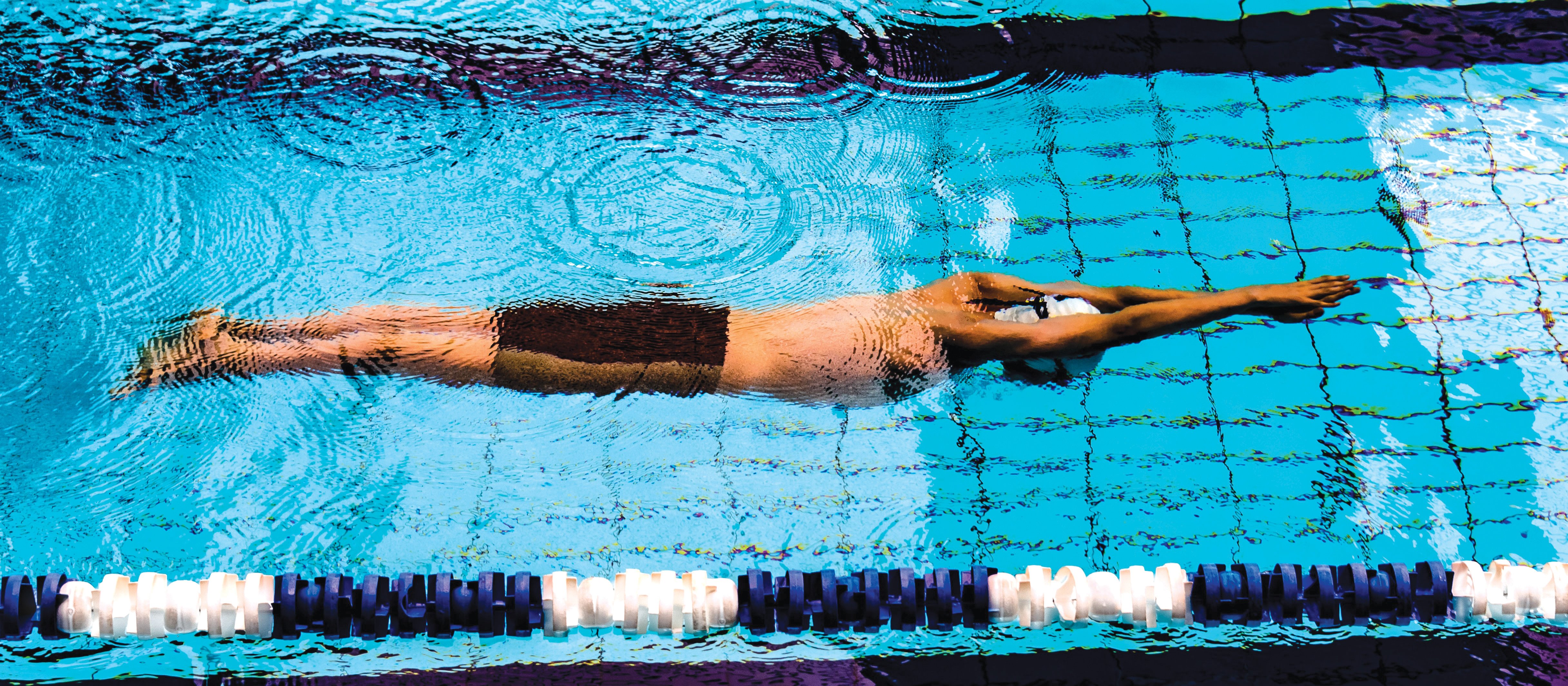Academic pharmacist Nataly Martini provides key information on Helicobacter pylori pathophysiology, diagnosis and evidence-based treatment strategies to enhance patient outcomes
The right way to play: How early is too early for children to ‘specialise’ in sport?
The right way to play: How early is too early for children to ‘specialise’ in sport?

We are on our summer break and the editorial office is closed until 17 January. In the meantime, please enjoy our Summer Hiatus series, an eclectic mix from our news and clinical archives and articles from The Conversation throughout the year
Sports medicine: Over the last few decades, there has been a trend towards children specialising in sport at an earlier age, fuelled by the belief that this is required to achieve elite levels. Concerns about this approach include an increased risk of overuse injury, and dropout due to physical or psychological burnout, says sports physician Steve Targett
- Exercise has many health benefits, and children and young people should accumulate at least 60 minutes of moderate to vigorous physical activity per day – a wide range of activities is best.
- Early sport specialisation is not necessary to reach an elite level, and it is associated with risk of injury.
- Sport specialisation should be delayed until after age 12, preferably later.
- Training and competition should be limited to 16 hours per week for under-18s, or based on age for under-16s.
As usual, there are large gaps in the literature on the topic of early sport specialisation, and many of the current recommendations are based on expert opinion rather than high-quality evidence. However, for those needing more information, a position statement from the Australian Sports Medicine Collaborative and a recent paper by Kliethermes and colleagues are useful, and I will attempt to summarise these below.1,2
Before we start, it is important to emphasise that for the vast majority of young individuals, regular exercise/physical activity is safe and should be encouraged. Benefits include improvement of many health outcomes (physical and psychological), and it may also improve academic performance.
The Ministry of Health recommends children and young people (aged five to 17) should accumulate at least 60 minutes of moderate to vigorous physical activity per day, including at least three sessions of vigorous activity or strengthening activity per week. Sitting time should be broken up, with no more than two hours of recreational screen time per day (a real challenge these days).
The following definitions are commonly accepted:
- Sport specialisation – intensive, year-round training in a single sport at the exclusion of other sports.
- Early specialisation – sport specialisation before the age of 12.
Questions to help assess the degree of sport specialisation are:
- Does the athlete play or train for more than eight months per year in a particular sport?
- Does the athlete choose a main sport?
- Has the athlete stopped playing other sports to focus on a given sport?
Apart from a handful of sports in which peak performance is achieved at a young age (rhythmic gymnastics, diving and figure skating), there is no evidence that early sport specialisation is necessary to reach an elite level.
In fact, there is evidence from studies of other sports to suggest that elite athletes tend to specialise later than their non-elite or semi-elite peers – at approximately 14–15 years compared with 12 years or younger.
There is an association between early sport specialisation and injury risk, probably related to training load. There is also evidence that early sport specialisation may lead to lower overall perception of health, earlier cessation of sporting activity, less fun from playing sport and psychological needs dissatisfaction.
Recent media reports of abuse… highlight the vulnerability of athletes in early sport specialisation settings
Informal “free play” should be encouraged, especially in those under the age of 12.
Delay sport specialisation until after age 12, or preferably until later in adolescence or after puberty – encourage involvement in a wide range of physical activities before this. Gymnastics and figure skating may be exceptions to this guideline, although research is limited.
Remember that physical maturation may outpace social, psychological and emotional development, all of which need to be considered when deciding whether sport specialisation is appropriate for an individual athlete. However, the impact of family and personal psychological factors (parental versus youth desire and drive) is poorly understood.
Recent media reports of abuse in some youth sports (swimming and gymnastics) highlight the vulnerability of athletes in early sport specialisation settings.
Limit organised sport participation (training and competition) to no more than 16 hours per week across all sports; for those aged under 16, the upper limit of hours should not exceed their age in years.
Keep the ratio of organised sport to recreational free play to less than 2:1.
Where available, observe sport-specific evidence-based loads for specific sports (eg, Cricket Australia Youth Pace Bowling Guidelines; community.cricket.com.au).
Steve Targett is a sports physician in Doha, Qatar
You can use the Capture button below to record your time spent reading and your answers to the following learning reflection questions:
- Why did you choose this activity (how does it relate to your professional development plan learning goals)?
- What did you learn?
- How will you implement the new learning into your daily practice?
- Does this learning lead to any further activities that you could undertake (audit activities, peer discussions, etc)?
1. Australian Sports Medicine Collaborative. Sport Specialisation in Young Athletes – Position Statement. 2022. tinyurl.com/ASMCstatement
2. Kliethermes SA, Marshall SW, LaBella CR, et al. Defining a research agenda for youth sport specialisation in the USA: the AMSSM Youth Early Sport Specialization Summit. Br J Sports Med. 2021;55(3):135–43.





